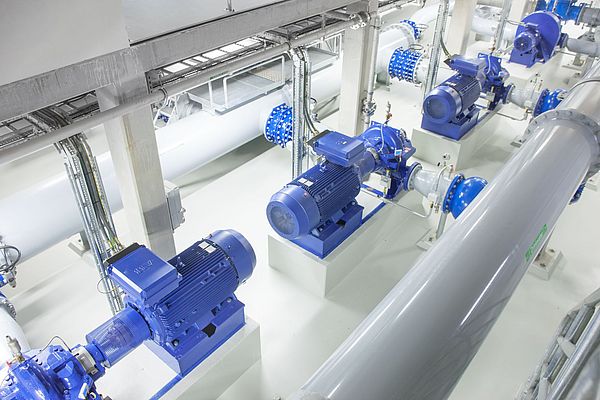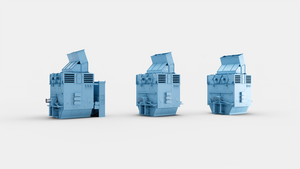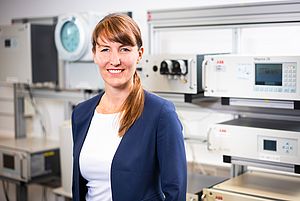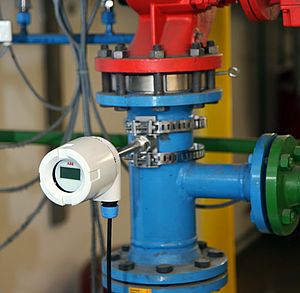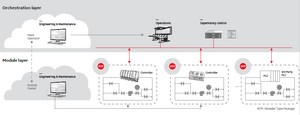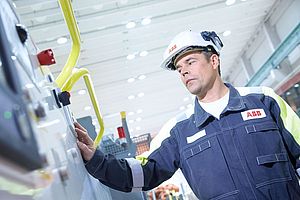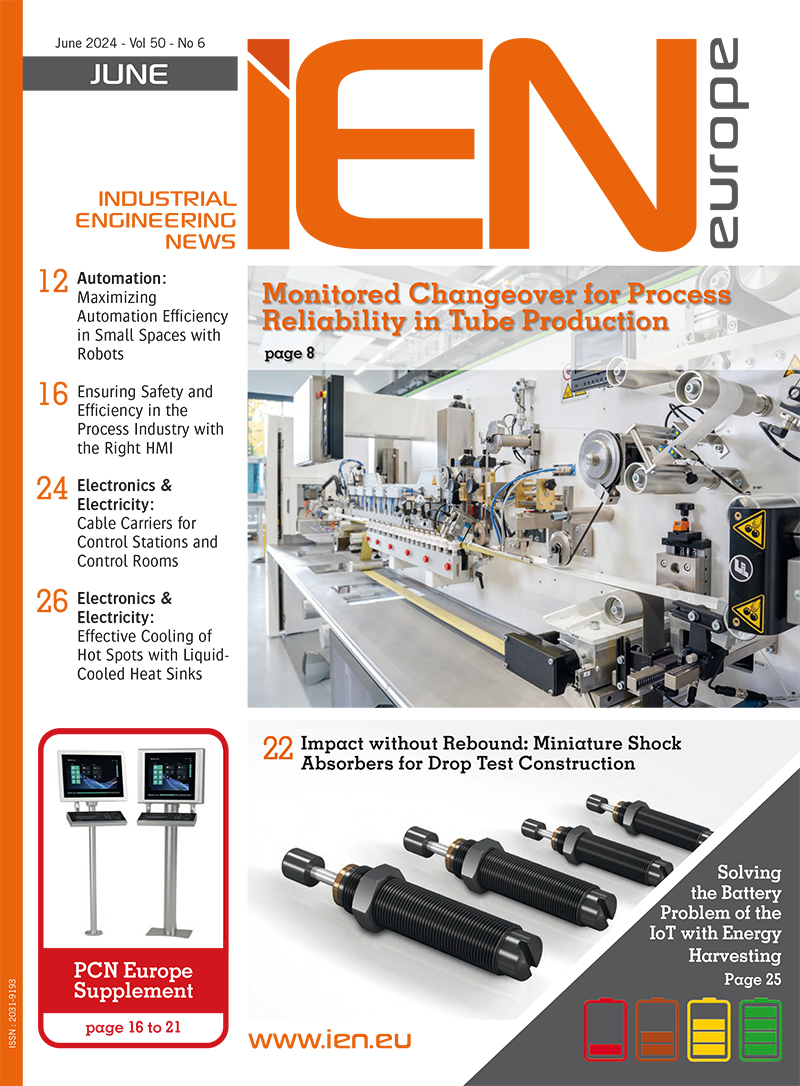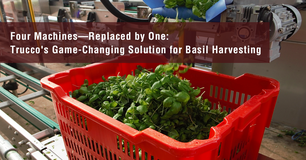To address climate change, the world must cut CO2 emissions by 50 percent over the next seven years. No single solution will be enough to meet this ambitious target. Industrial energy efficiency, for example, has a critical role to play in reducing greenhouse gas (GHG) emissions. An even more holistic approach is circularity, which aims to minimise resources use and emissions across the entire product life cycle.
Technology and business models based on a circular economy – where businesses create supply chains that recover or recycle the resources used to create their products – can make a significant contribution. This is because recycling eliminates emissions associated with retrieving raw materials through traditionally carbon-intensive industries like mining.
At ABB, we’ve set a target to take a circular approach to at least 80 percent of our products by 2030. An important example is our strategic partnership with Boliden, the Swedish mining and smelting company. This collaboration forms an integral part of ABB’s strategic ambition to reduce the environmental impact of raw materials used in our products by replacing them with lower carbon alternatives.
Resource-Efficient Partnership
ABB uses a great deal of copper to manufacture its motors and other industrial electrical equipment. However, the production of this vital material is very energy intensive.
Boliden has addressed this challenge by developing low-carbon copper that it mines using fossil-free energy. It also produces copper using secondary raw material from recycled products. The carbon footprint of these “green” copper products is 65 percent lower than the industry average.
The first step in our partnership involves switching to low-carbon and recycled copper to cover the demand for our IE5 Ultra-Premium Efficiency SynRM and e-mobility motors in Europe. This will enable a significant reduction in the carbon impact of the raw materials used in these products. For example, a 75kW motor weighing 650kg might include 80kg copper. Using Boliden’s copper, it is possible to save approximately 200kg of CO2 emissions for each motor we manufacture – cancelling out emissions equivalent to burning 100kg of coal.
Upgrading to Energy-Efficient Motors
ABB also signed a memorandum of understanding with Boliden to support the mining and smelting company in identifying inefficient low-voltage motors across its operating units. These motors can then be replaced with high-efficiency motors within ABB’s take-back upcycling framework, with the old motors recycled to provide raw material for Boliden’s recycled copper.
Motor efficiency has improved rapidly over the past decade due to investment in research and development by manufacturers. For example, today’s IE4 motors deliver up to 40 percent lower energy losses than earlier IE2 models. If operators worldwide replaced their older motors with optimised, high-efficiency equipment, global electricity consumption would drop by up to 10 percent.
In addition to the environmental benefits, upgrading to more modern motors also makes good business sense. The reduction in energy bills often delivers payback in a matter of months with energy prices at their current high level.
Designing for Circularity
Apart from using recycled copper, ABB is committed to increasing the use of recycled electric steel (e-steel) and recycled aluminium. We have already designed our motors to be up to 98 percent recyclable, with the remaining two percent of materials available to be incinerated for heat recovery. Recycling copper, aluminium and steel offers significant energy savings compared to virgin production.
Ultimately, a widespread transition to more efficient technology can yield significant energy and emission reductions. However, this must be supported by collective, joined-up thinking to make circularity the norm rather than the exception.
Daniel Eberli, Head of Product Management and Marketing IEC LV Motors Division, ABB




